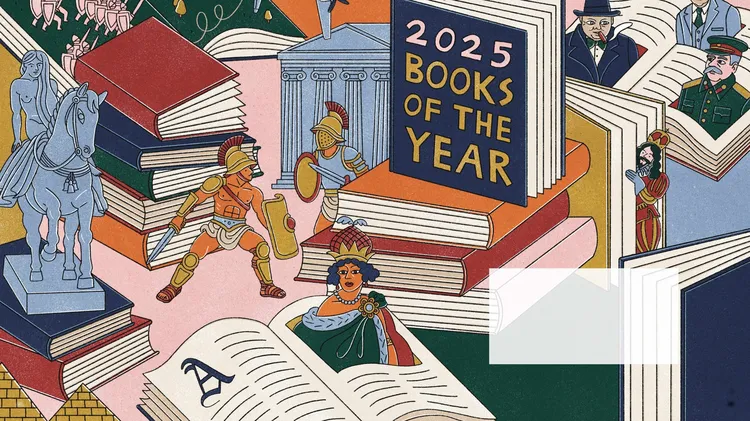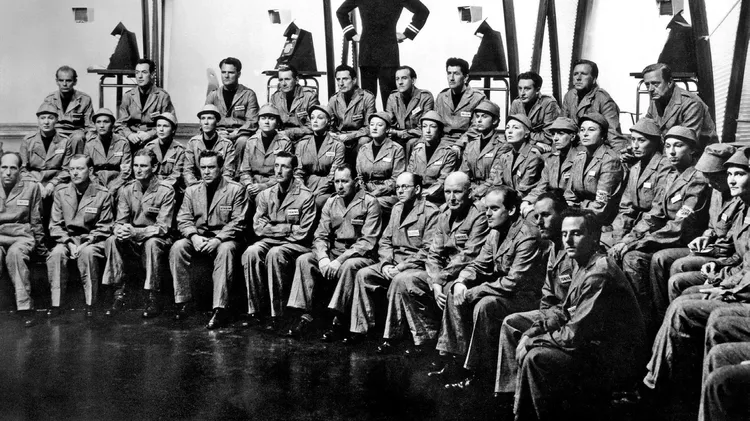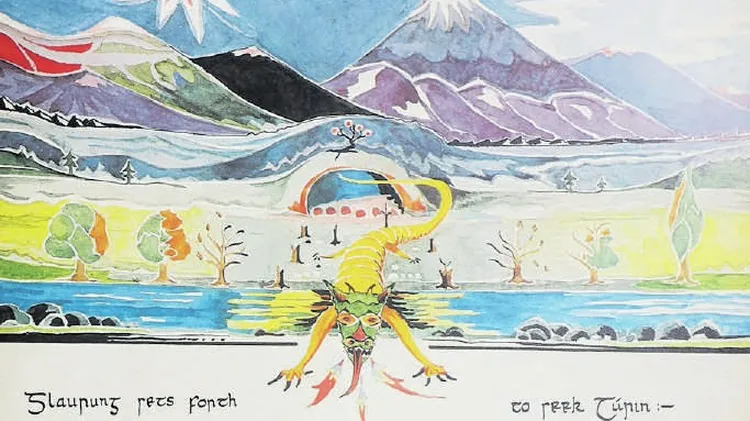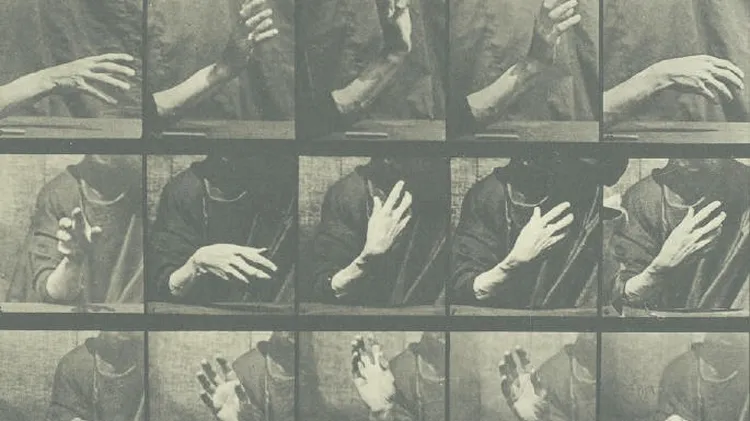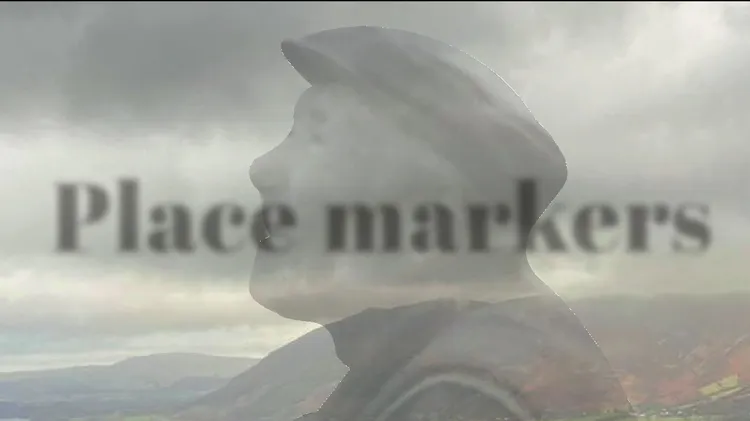MICHAEL WOOD ON…
In our current age of fake news, myths about the past are taking wider hold
3 min read
This article is from...
Read this article and 8000+ more magazines and newspapers on Readly

